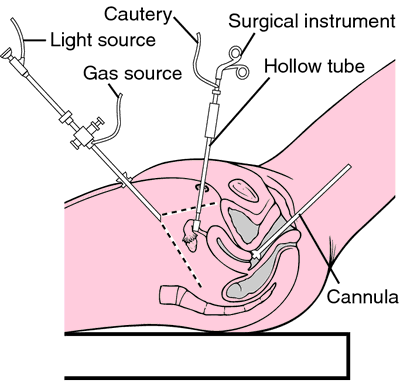Dr. Marchese recalls the environmental connections to endometriosis and shares chemicals found in common household products that should be avoided.
Dr. Marchese:
There are some environmental connections to endometriosis. There are chemicals in our environment that we are exposed to at very low levels everyday that are known to be what’s called hormone mimickers, or they essentially mimic the hormone estrogen. So when researchers started looking at these chemicals that might cause hormonal conditions in women, endometriosis was obviously a condition to look at because it’s triggered by a hormonal response.
So a chemical such as phthalates, which is an additive to plastics, it’s in plastic tupperware, plastic clean wrap, the plastic that you find wrapped around the cheese when you buy the cheese at the store, and then another chemical called bisphenol A, which is actually in the news quite a bit now. Bisphenol A is also added to plastics. It’s in plastic baby bottles, there’s a little plastic lining in metal food cans.
Those are two chemicals that have a link to endometriosis, as well as the pesticides and so one of the first things I ask my patients is, you know, “Do you spray pesticides around your home to kill those weeds?” And then I try to educate them about not using products that have these chemicals, and especially not using pesticides around the home.
About Dr. Marianne Marchese, N.D., L.L.C.:
Dr. Marianne Marchese is a clinician, author, and educator. She graduated from Creighton University in 1990 with a B.S. in Occupational Therapy and specialized in neurological and orthopedic conditions while working at the Rehabilitation Institute of Chicago. Dr. Marchese received her Doctorate of Naturopathic Medicine from the National College of Naturopathic Medicine (NCNM) in Portland, Oregon in 2002. She completed a two-year postgraduate residency in Integrative Medicine and Women's Health and completed a six-month post-graduate training in Environmental Medicine.
Visit Dr. Marchese at her Website

































